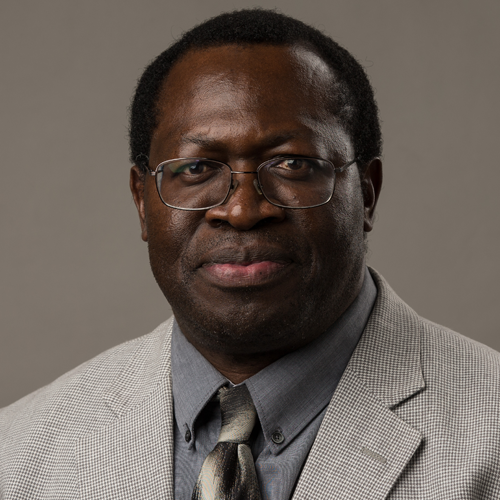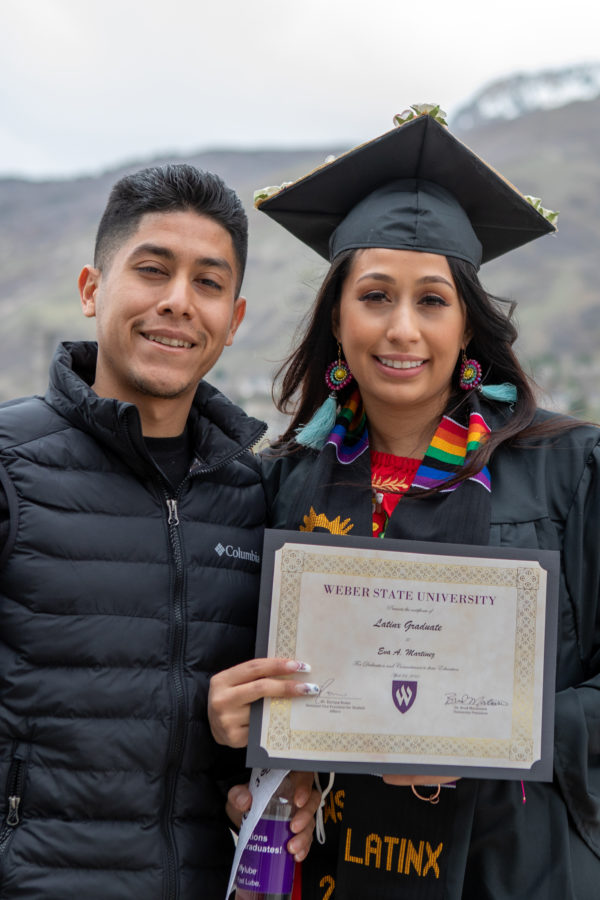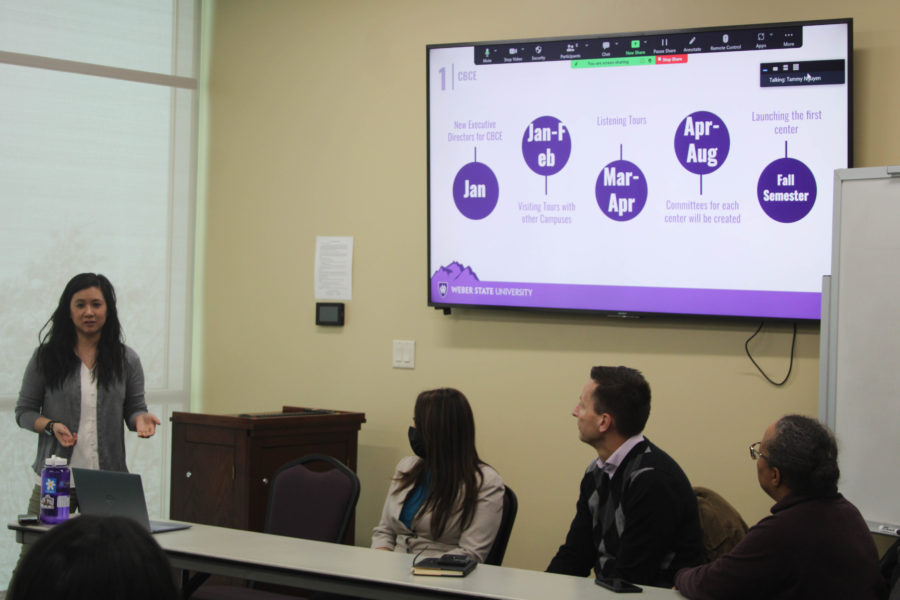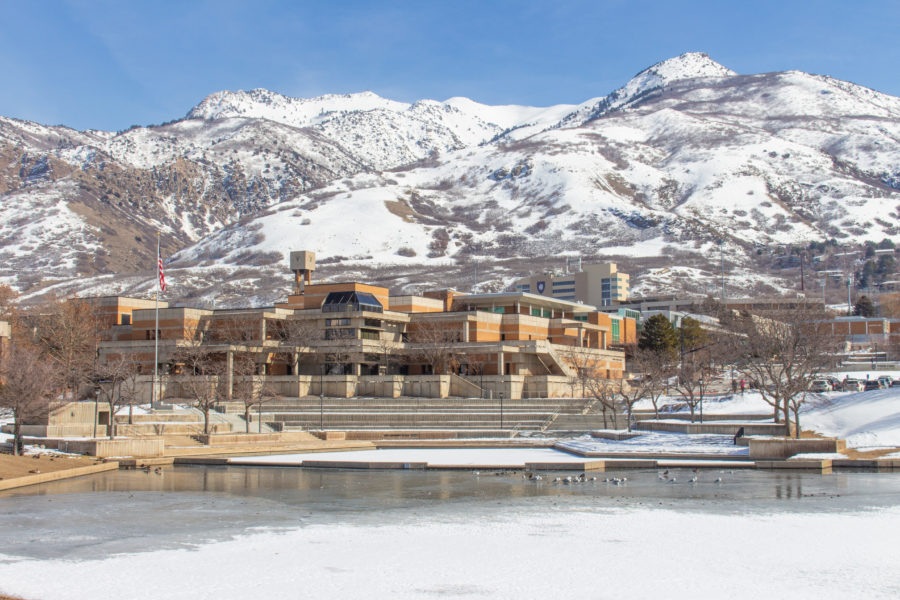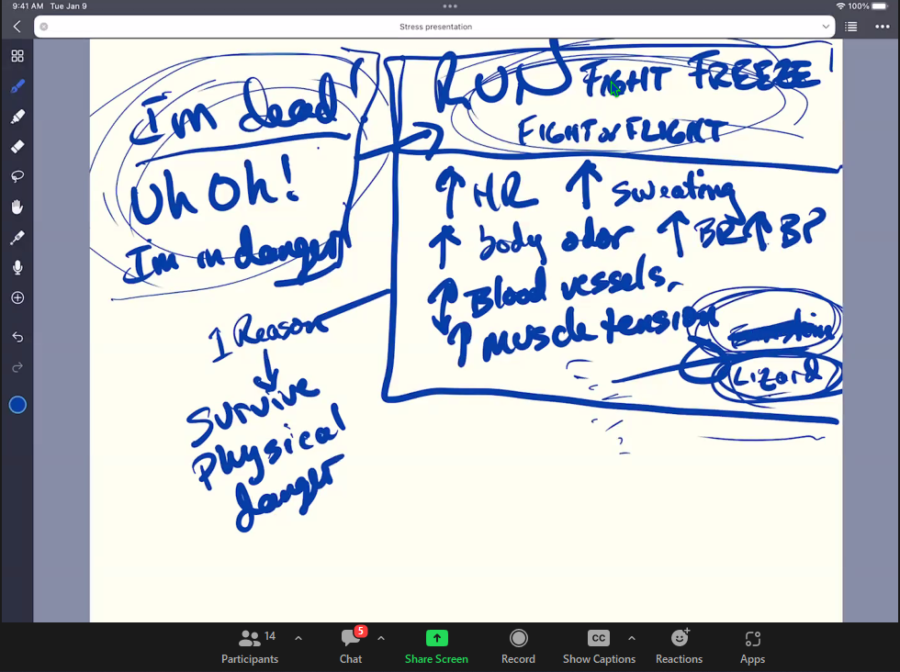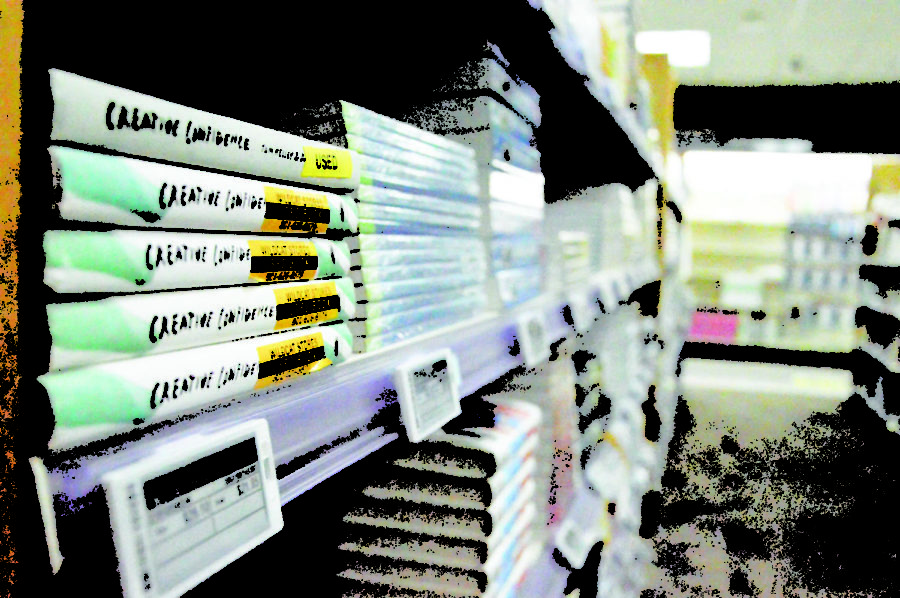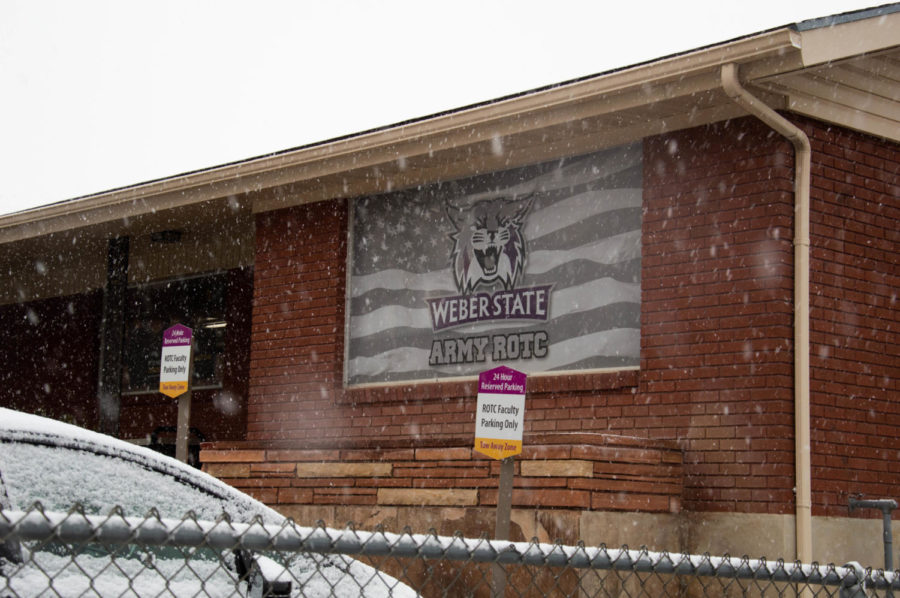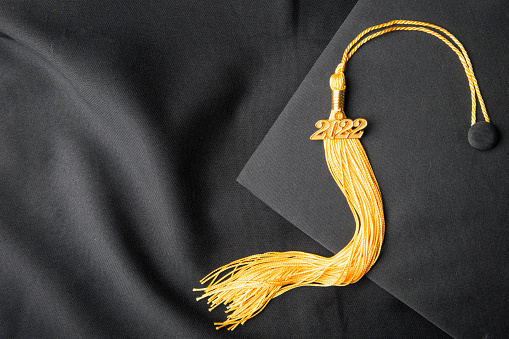Georg Schild, a visiting professor from Tubingen University in Germany, will be teaching a seven-week course discussing the Cold War here at Weber State University.

Many of the students and professors at Weber State believe that it is highly beneficial to have the perspective of someone from another country.
“Not all of our students get to travel abroad, so sometimes it is good to bring experts from foreign countries to campus so they can be exposed to a different perspective on history in general,” said Susan Matt, chair of the history department. “I invited professor Schild to Weber State and decided that this was a good way to start a new international professorship.”
WSU hopes to bring in a professor from abroad each year, for the next year they have discussed bringing in a professor from China.
Matt traveled to Tubingen and taught a course on the history of emotions to American studies students, this was where she gained the idea of bringing Schild to WSU.
“It gives the students the opportunity to meet other faculty, not only from a different university, but from a different country and cultural background,” said Schild. “This is what college is all about, someone challenging your opinions. Things can be interpreted in very different ways.”
Schild explained that there are many cultural differences between the United States and Germany. It’s an alien idea to European students that some people in the U.S do not have health insurance.
Matt explained that one of the biggest differences between American and European students was that the European students were not as burdened with work as the American students are.
While many American students often work full-time and go to school full-time, most European students don’t have that same obligation. In many European countries college educations are completely paid for by the government.
Wednesday, Sept. 10, Schild spoke to a group of interested students about the details of the Cold War from the German perspective.
“I think it is important to have various world views from non-American perspectives,” said Craig Speech, lecture attendee. “I think that is very important to widen our world view.”
Speech enjoyed listening to Schild’s perspective on the most dangerous year of the Cold War: 1983. Living through the Cold War, Speech wouldn’t have considered 1983 the most dangerous year.
Anna Worthen, a lecture attendee, said she found it fascinating to hear an European opinion on the Cold War. She found his opinion about the U.S. helping with European affairs during the Cold War to be very insightful.
This lecture was free to students and was hosted in the Social Science building. Not only did students show up for this presentation, but many professors listened in as well.
Branden Little, a history professor discussed the hopes that this visiting program becomes a regular feature in future years, so that students can take special courses to deepen their knowledge.
“Having a visiting professor offers tremendous advantages and that we gain new insights and perspectives,” Little said. “Professor Schild has particular expertise in the Cold War era and it complements existing courses, as well as enriches them.”



